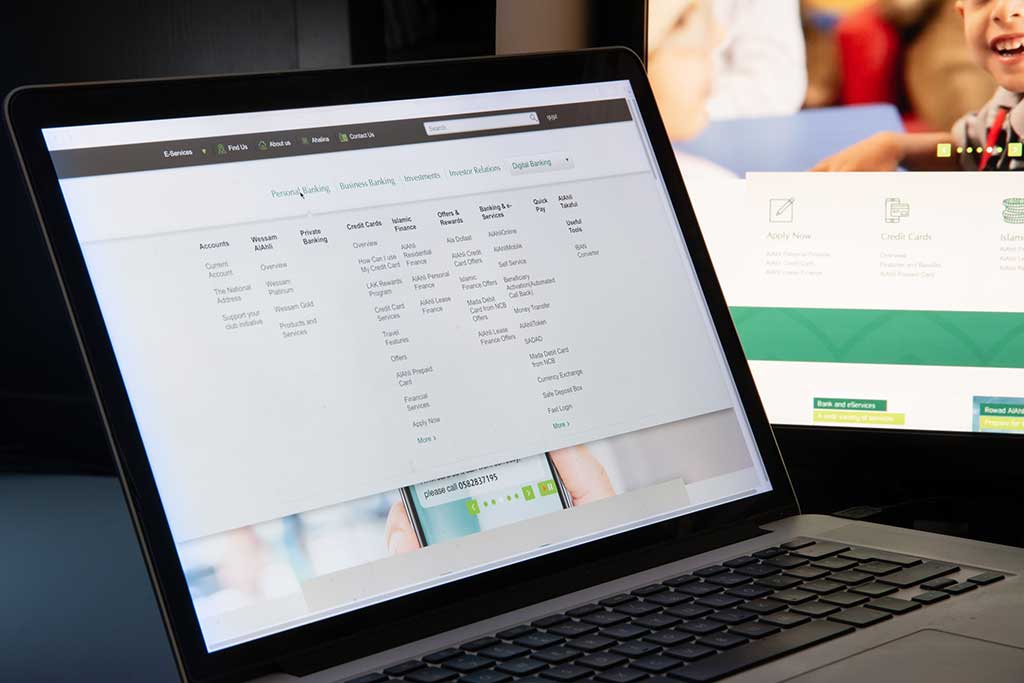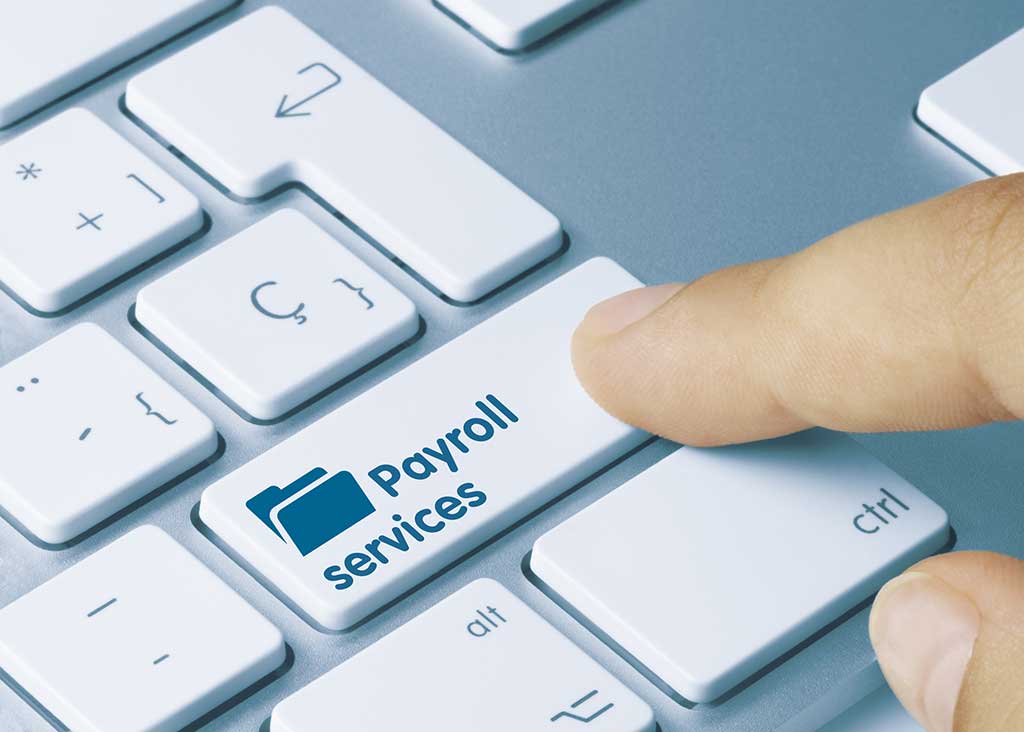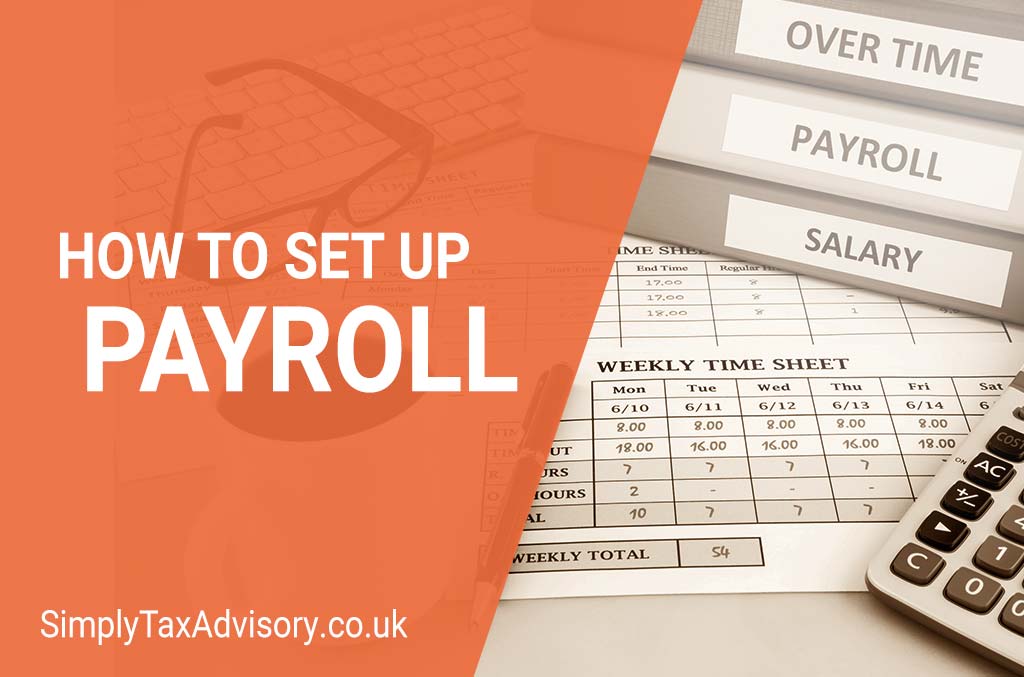Setting Up Payroll: Avoid costly mistakes and fines
How to set up payroll? You should never take setting up payroll lightly. For some, it may seem counterintuitive and easy at first glance to set up a full-time payroll tax for your staff members. But the truth is that there’s much more work involved in getting all of this done correctly – from careful monitoring and reporting to filing any necessary paperwork on time with HMRC.
Careless payroll mistakes can lead you into financial hardship by costing you business loans or even stopping government benefits like money back through taxes if they’re mishandled. So before hiring employees, be sure to fully understand the process or have an effective payroll system for managing paychecks, taxes and due dates so everything goes smoothly after employment begins!
Keep in mind that setting up payroll the proper way is one of your responsibilities as an employer or business owner.
What Is Needed For Setting Up Payroll For The First Time?
To start the setup, you need documentation.
HMRC can ask to see your official business and tax documents like tax deposits, income tax, tax filing, tax id, your employer identification number or social security at any time. As a sole trader, small business owner or Limited Company, you need to have your payroll taxes organized and your employer identification number available in case you get called on to account for expenses or allowances.
You need to have records of the following:
Records about your company also need to be ready to reference in case anyone from the government calls you to check your numbers. Here’s what they may want to see:
Most business owners store these documents at the office. If that’s not an option for you, contact the Companies House. Their website lets you sign up for their digital storage option and offers a listing of the changes they need to keep your payroll documents as your business grows.
Finally, you need your accounting records. This is essentially a paper copy of anything bought, sold, information about assets or debts, and your company stocks.
With all of this in place, you can file for your annual accounts and Company Tax Return for a pay period. That makes it possible for you to set PAYE for yourself and your employees.

Can I Set Up My Own Payroll?
The short answer is yes, you can absolutely do this on your own if you are aware of the payroll schedule or manage your own software.
Setting up payroll isn’t a straightforward process and most companies use a payroll provider, payroll service for small business or payroll software to help them keep their books in good shape. That choice also helps them file for any returns the company is due to offsetting expenses.
Let’s get into all the different aspects of payroll you need to understand in order to do it yourself.
Tax And National Insurance
Any employee who earns more than £184 a week must get registered for PAYE. This takes care of any income taxes or payments to National Insurance, (NI), for each worker.
You don’t have to register any employee or a new hire who earns less than £184 a week, has another job, has access to expenses and benefits, or receives a pension. However, all employees should have clear, accurate payroll records.
Your data keep track of what salary each employee makes, any allowances you give them, (for expenses like petrol or food on a trip), and deductions. They should also show any superannuation, or deductions made for a pension later in life.
Other things that require records are any sick leave or employee absences, tax code notices, (such as changes to an employee’s code), any payments or reports given to HMRC, and taxable expenses or benefits. Employees can donate to charity directly from their paychecks with the Payroll Giving Scheme, something you also need to record and keep on file.
How Long To Keep Payroll Records?
You need to keep it for three years. HMRC can check in on you or your small businesses any moment they feel like it’s not getting all the information that should be there. If HMRC thinks that, then this could lead to them considering you owe more than what is actually owed for a pay period.
Besides being annoying because of their lack of communication skills with small businesses, online payroll services are still preferred by most SMBs over dealing directly with HRMC or doing everything themselves out-of-pocket – which would end up costing significantly more money as well!
If HM Revenue & Customs (HMRC) think they’re missing something from one paycheck date or if an employer doesn’t have complete records about staff members’ employment status when filling out paperwork, these mistakes might result in fines up to £3,000.
That’s why most small business owners look for online payroll services to process their income taxes.

Register As An Employer
The HMRC official website can help you register as an employer and each of your employees. You need to do this about a week before the beginning of the new tax year, April 6th.
Keep in mind that anyone registered after the 6th of April, like a new employee, won’t get into the payroll system until several weeks later. During that time, you need to keep complete records about your employee pay, hours worked, allowances and deductions to prepare for their official reports to HMRC.
How To Use PAYE?
Pay As You Earn (PAYE), is almost entirely automated on the HMRC website. You can report the salaries of your employees, new hire, and make payments or tax deposits through straightforward payroll processing.
PAYE dues need to be in process between the end of a pay period and before the 22nd of the month. If you need to pay by check or direct deposit, make sure your tax payments get submitted by the 19th so HMRC can have time to process your money.
Each payment needs to include your accounts reference number that you should have in an official email after you register your business. It’s a combination of 13 digits and letters and needs to appear in each payment so your money doesn’t go to the wrong place.
Let HMRC know what year and month your payment covers by adding the last two digits of the year and two digits for the month to the end of your reference number. For example, 2101 is January of 2021.
Any late payments to HMRC incur penalties and add interest on top of your regular payments automatically. If you are running payroll or have a plan to run taxes alone, it’s your responsibility to keep records of your business and employees, keep in touch with the governing houses, and be on time with the schedule.

Payroll Software
If you’re running a business in the UK, then it’s most likely that your company would be required to maintain payroll software (find free payroll software). This is especially important because if you do not keep up with this requirement, there are tough fines and penalties for neglecting these regulations.
Payroll software is a type of program that handles administrative tasks for employees, such as tracking time-off balances and accrued vacation days. In the United Kingdom, all companies with fifty or more full-time equivalent staff must use an approved system to calculate their paychecks.
Selecting appropriate tools may seem overwhelming at first glance – there are thousands available! However, by carefully reading reviews online, it’s possible to find something tailored just for your business needs.
What Do Payroll Services Cost?
If all of this sounds too time-consuming for a boss like you, you might be considering many options or you may have doubts about choosing a payroll service. This can take all of this off your hands and help you stay on top of what you need to pay, like employee pay, taxes, tax deposits, and claims for returns without losing precious hours in the day or missing the due dates.
Plenty of accounting firms have professionals that specialise in setting up payroll. You need to consider your company’s needs and hire a payroll provider accordingly.
Consider what you need. Do you already have an accountant or accounting department that needs help to run payroll around tax time?
In that case, you may only want to hire a service for monthly visits, pay periods, and one big annual run-through of your accounts. That means you don’t need to outsource everything, only the bigger, more detailed projects like the payroll processing or tax payments to make sure no one in the government comes to shut your business down.
However, if your business grows and you find yourself overwhelmed with the required information, a direct deposit, pay your employees, social security, due dates, id numbers or you are just struggling to keep track of allowances and deductions because it’s your first time, it’s the right moment to consider a full payroll service.
This would be a separate entity that communicates with your company digitally and takes over all paperwork to handle this for you so your team can focus on other tasks.
This second option is great for larger operations or small business owners looking to expand. As you have new hires, buy, and sell more like a business, your taxes and paperwork can pile up quickly.

Here’s the thing…
In summary, yes, setting up payroll for yourself can happen with the help of the HMRC website or by using payroll software. But, if you get behind in payments, income tax, payroll schedule or paperwork needed to pay your employees it could cost you time and also money because there are penalties to be paid.
A payroll service is a viable option for most businesses, often viewed as a headache for business owners who instead should focus on running their pursuit. If that’s you, schedule your free consultation with us and find out how much money we can save you!

About the Author
Claudio Alegria is the Chief Operating Officer at Simply Tax Advisory, providing tailored tax returns, payroll, bookkeeping and VAT services to small businesses, individuals and startups.



